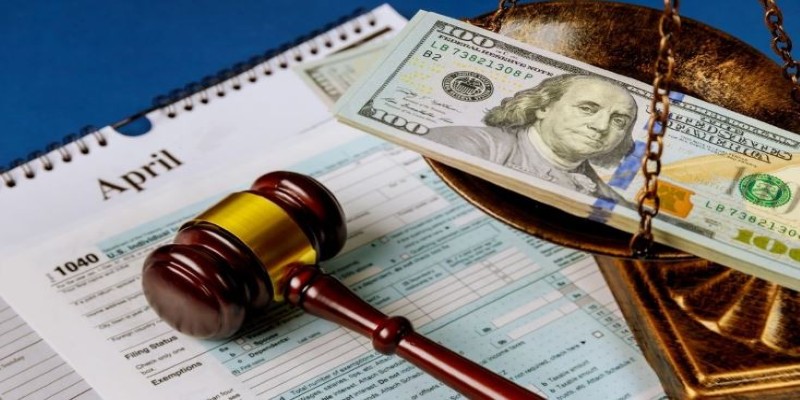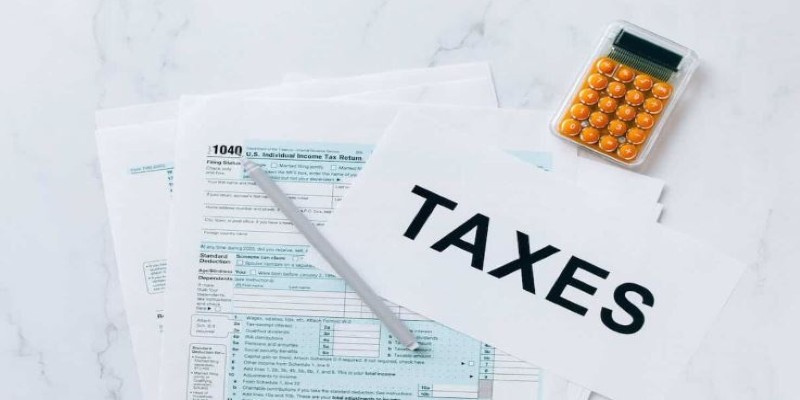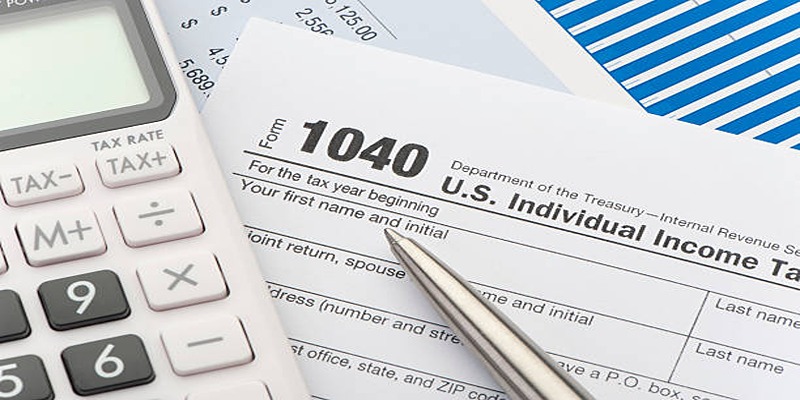What Causes You to Owe State Taxes and How to Avoid It
Tax season can bring surprises, with one of the biggest shocks being a state tax bill. You may have filed your return expecting a refund or to break even, only to discover you owe money. This typically happens due to insufficient withholding, changes in income, or state-specific tax laws. Factors such as life changes or self-employment income can lead to an underpayment, resulting in a tax liability.
Understanding the reasons behind owing state taxes—like incorrect withholding or not making estimated payments—can help you avoid surprises in the future. Staying informed about state tax law changes and regularly reviewing your tax situation will ensure you don’t end up with an unexpected state tax bill again.
How State Tax Systems Work?
State tax systems vary significantly across the U.S. Some states, like Florida and Texas, do not have an income tax at all. In contrast, others, such as California and New York, have higher tax rates that increase based on income levels. Most states follow a similar system to the federal tax process, where employers withhold taxes from employees' paychecks based on the information provided. However, if too little is withheld, you may owe a balance when filing your state tax return.
Unlike federal taxes, which apply across the country, individual states have their tax laws, such as tax brackets, deductions, and credits. Some states permit itemized deductions like federal tax regulations, while other states have only a standard deduction. Furthermore, if you relocate from state to state within the year or work from home for an employer in a different state, you can be taxed in each location. These disparities in state tax systems—like different income tax rates or provisions regarding deductions—are typical reasons why taxpayers owe state taxes. Monitoring these provisions can help prevent surprises at tax time and keep you from owing more than anticipated.
Common Reasons You Owe State Taxes
One of the main reasons for owing state taxes is incorrect or insufficient withholdings. When you start a job, you fill out tax forms that determine how much your employer deducts from each paycheck. If you don’t have enough taken out, you’ll owe money when you file your return. This often happens when you claim too many allowances or fail to update your tax forms after a major life change, like getting married, having a child, or taking on a second job.

Freelancers and self-employed workers often face this issue, too. Since taxes aren’t automatically withheld from freelance or contract income, it’s up to the individual to make estimated tax payments throughout the year. If you don’t pay enough, you’ll have a state tax liability at the end of the year.
Unemployment benefits are another overlooked factor. Many people assume unemployment compensation isn’t taxable, but in most states, it is. If you received unemployment but didn’t opt to have taxes withheld, you’ll likely owe money when tax season arrives.
Moving between states can also cause unexpected tax bills. Some states require partial-year residents to file taxes, meaning if you earned income while living in two states, you may need to file in both. If your old state had higher taxes and your new state didn’t withhold enough, you might end up owing the difference.
State tax credits and deductions can change, too. If you relied on a state tax credit that was reduced or eliminated, it could increase your tax liability. For example, some states offer deductions for student loan interest or specific business expenses, but these can be adjusted from year to year, impacting how much you owe.
How to Avoid Owing State Taxes in the Future?
If you’re tired of owing state taxes every year, there are steps you can take to fix it. The first thing to check is your withholdings. If you consistently owe money, updating your tax forms at work to have more money withheld from your paycheck can help. Adjusting your withholdings ensures that you’re paying closer to what you actually owe throughout the year.

Freelancers and self-employed individuals should set aside a portion of their income for estimated tax payments. Many states require quarterly payments, so staying on top of those deadlines can prevent a large balance at the end of the year. Using a tax calculator or consulting a tax professional can help you estimate how much to set aside.
If you receive unemployment benefits, consider having taxes withheld from your payments. While it reduces your immediate payout, it can prevent an unexpected bill when tax season rolls around.
For those who move frequently, understanding tax residency rules is important. Some states have strict rules about when you become a tax resident, even if you only lived there for part of the year. Checking the tax laws before relocating can help you prepare for any tax obligations.
Lastly, staying informed about state tax law changes is essential. State tax codes aren’t static, and what saved you money one year might not be available the next. Keeping up with updates to deductions, credits, and tax brackets can help you avoid surprises.
Conclusion
Owing state taxes can be frustrating, but it's often the result of factors like incorrect withholdings, changes in income, or state-specific tax laws. By understanding the reasons behind your state tax bill, you can take steps to avoid the same issue in the future. Adjusting your withholdings, making estimated payments, and staying informed about state tax changes can help keep your taxes under control. Being proactive and reviewing your tax situation throughout the year ensures you're prepared for any unexpected tax liabilities. With the right adjustments, you can reduce the chances of owing state taxes during tax season.












